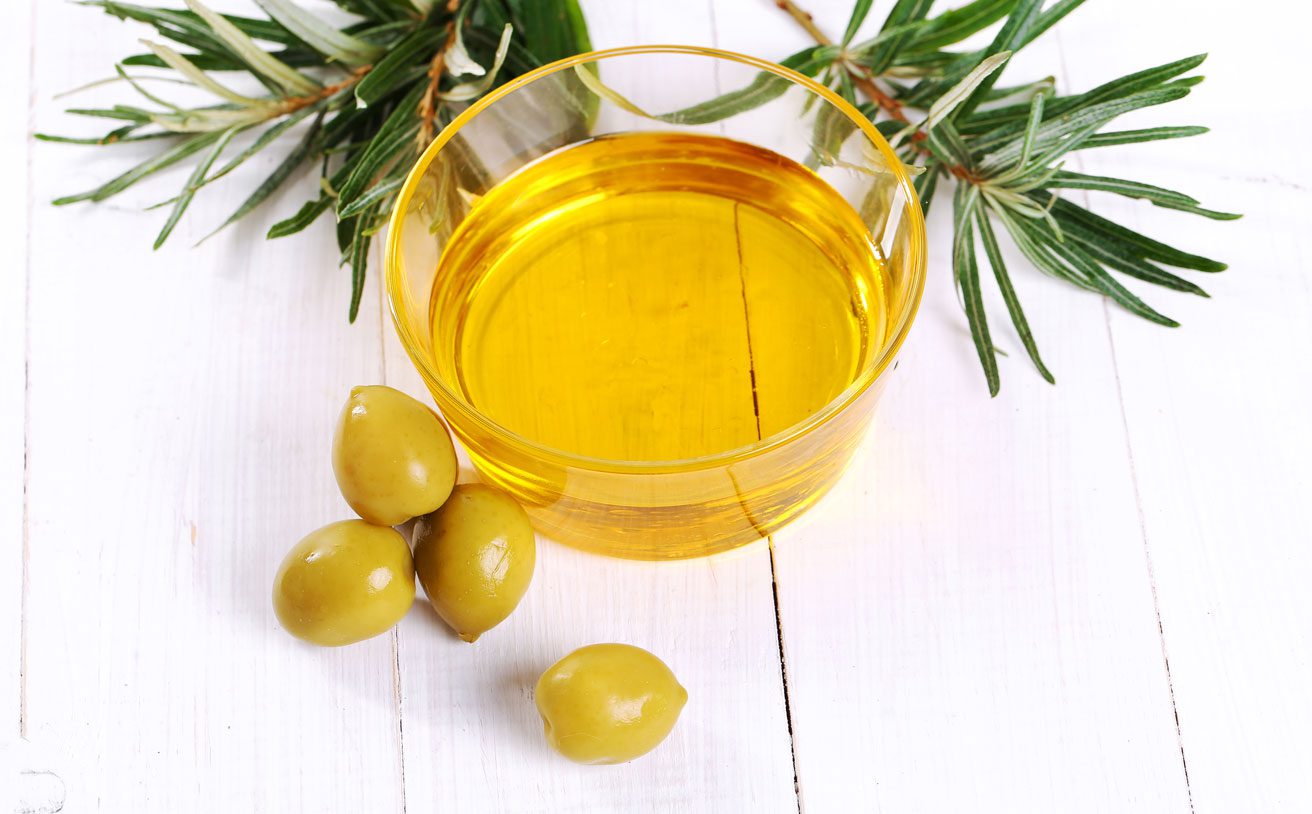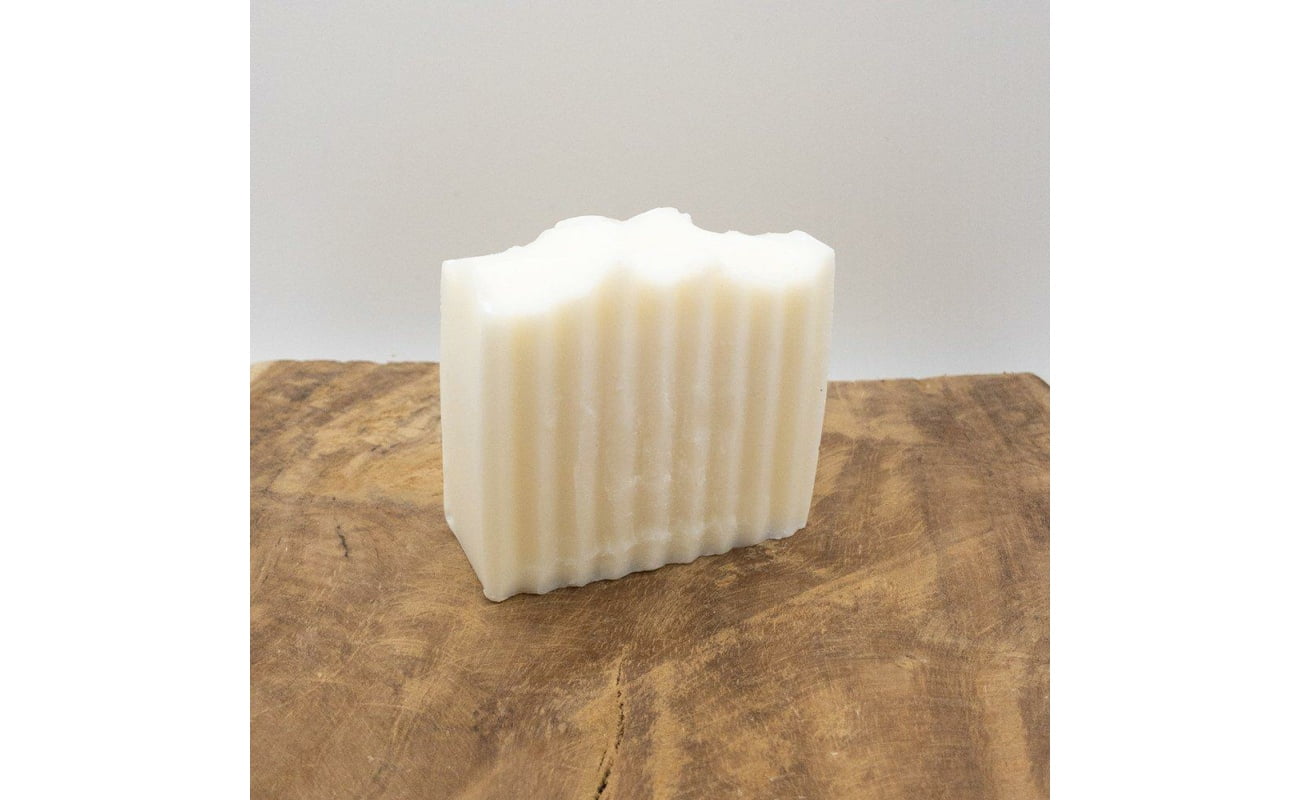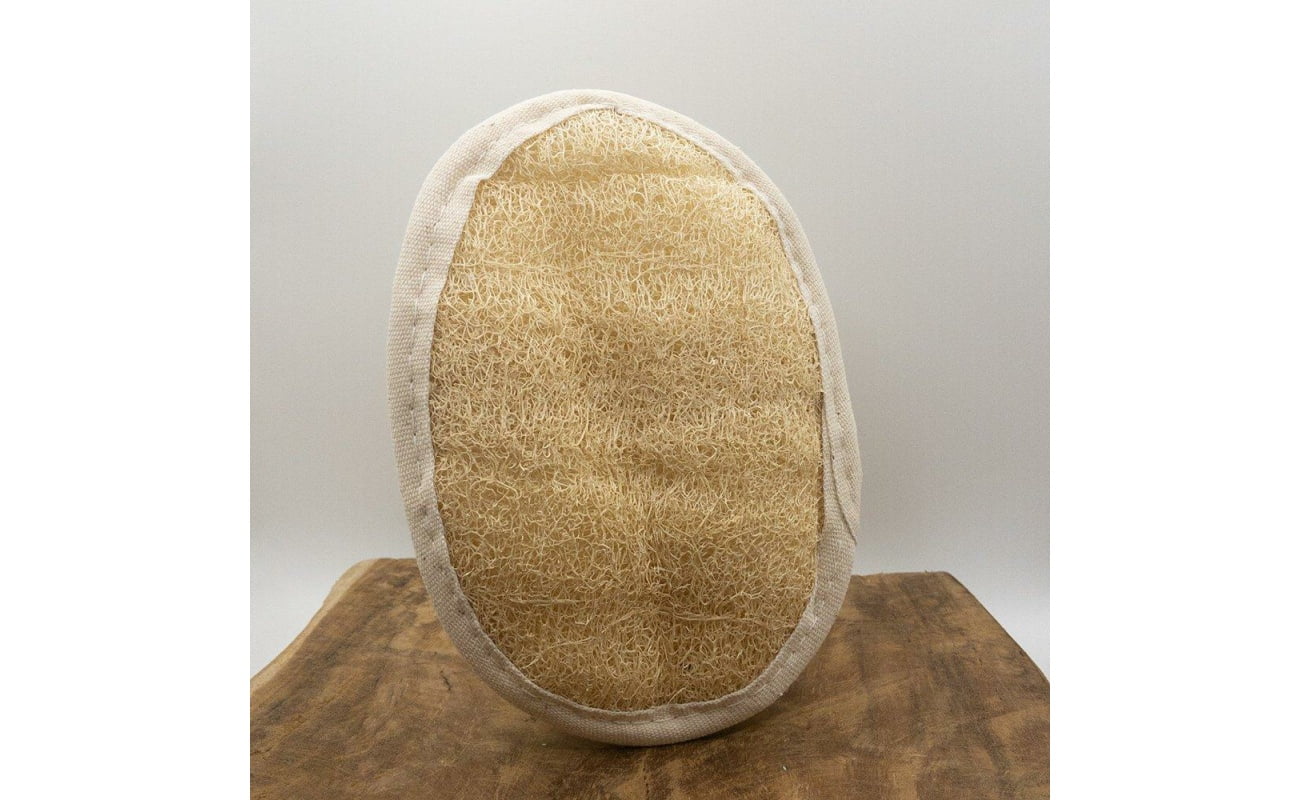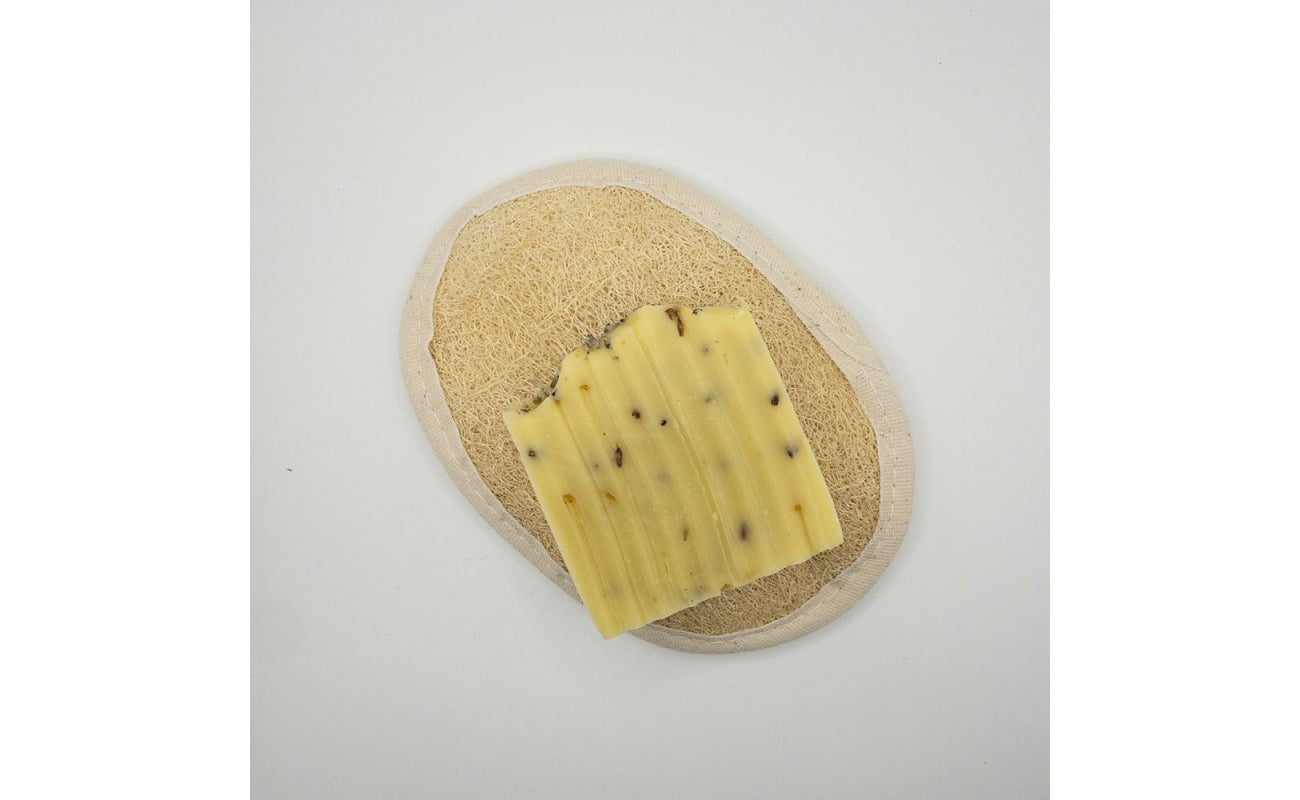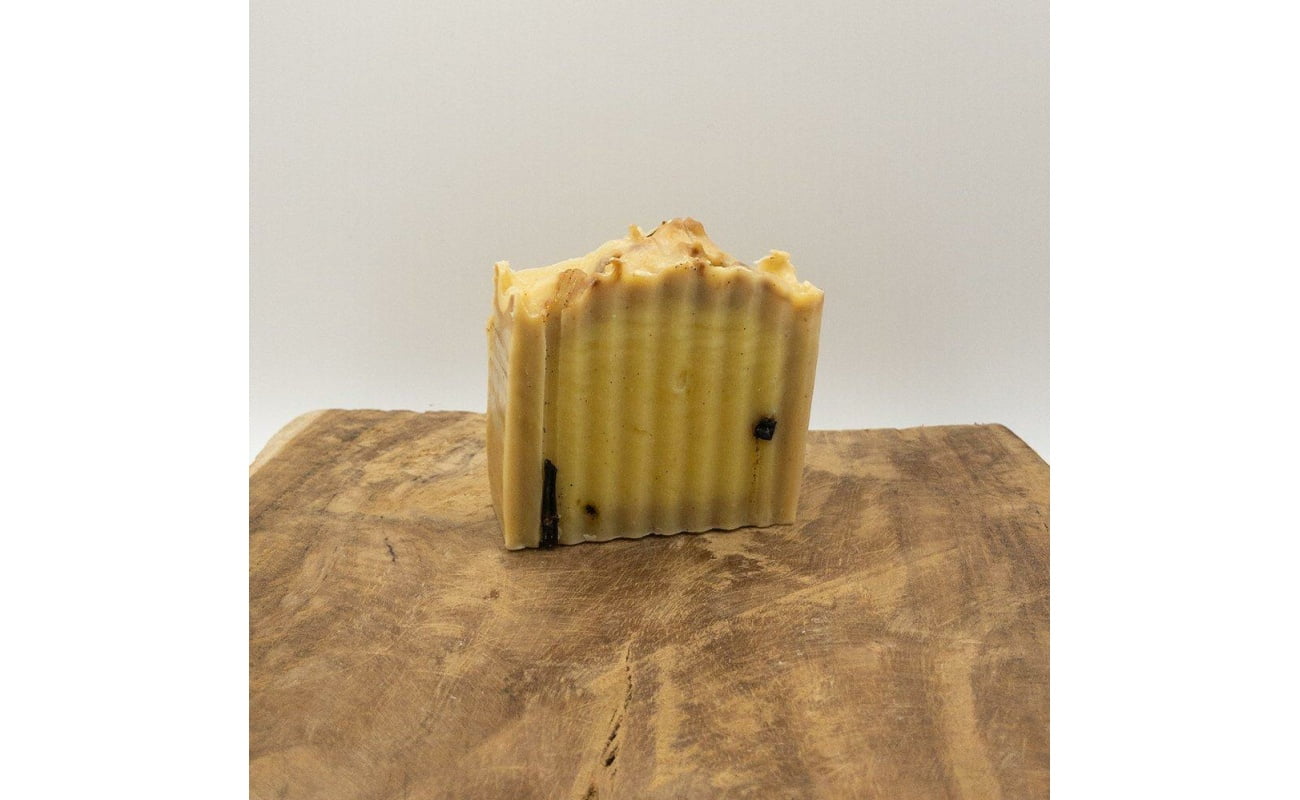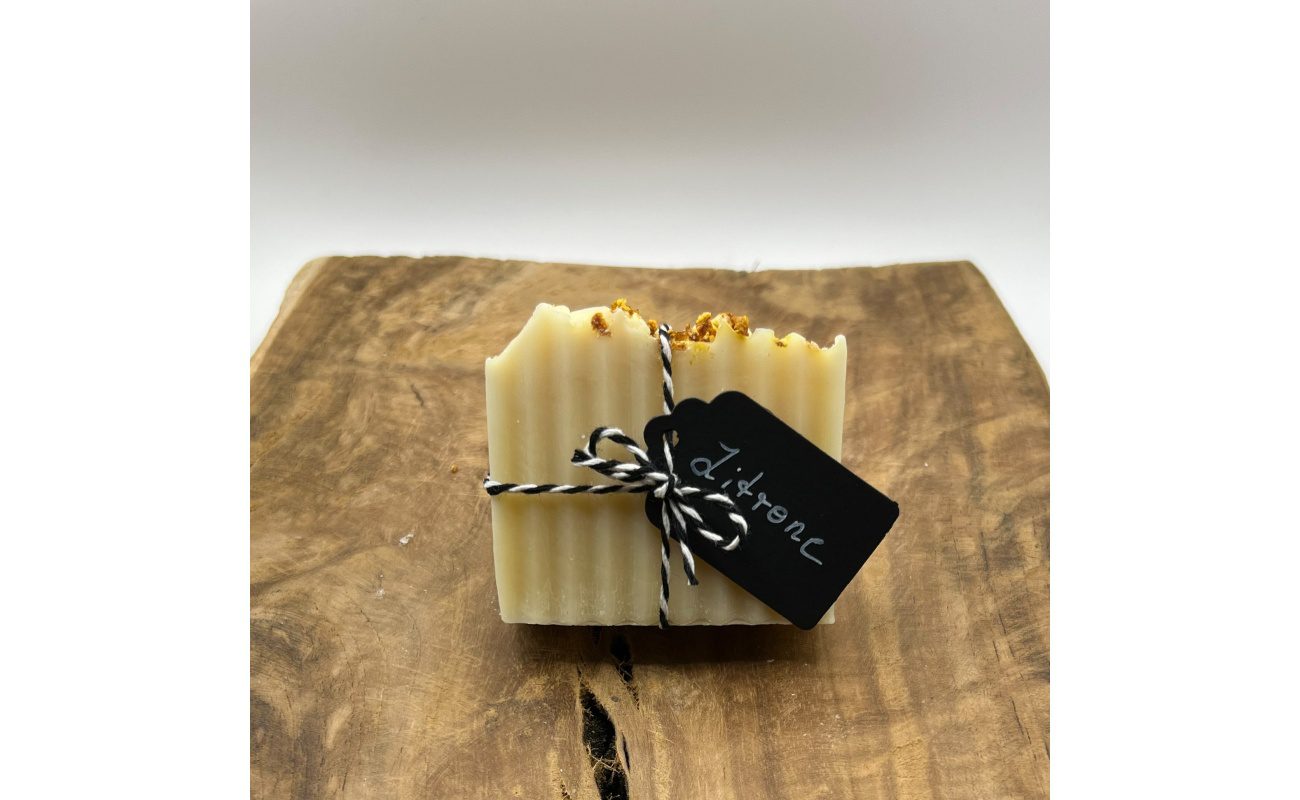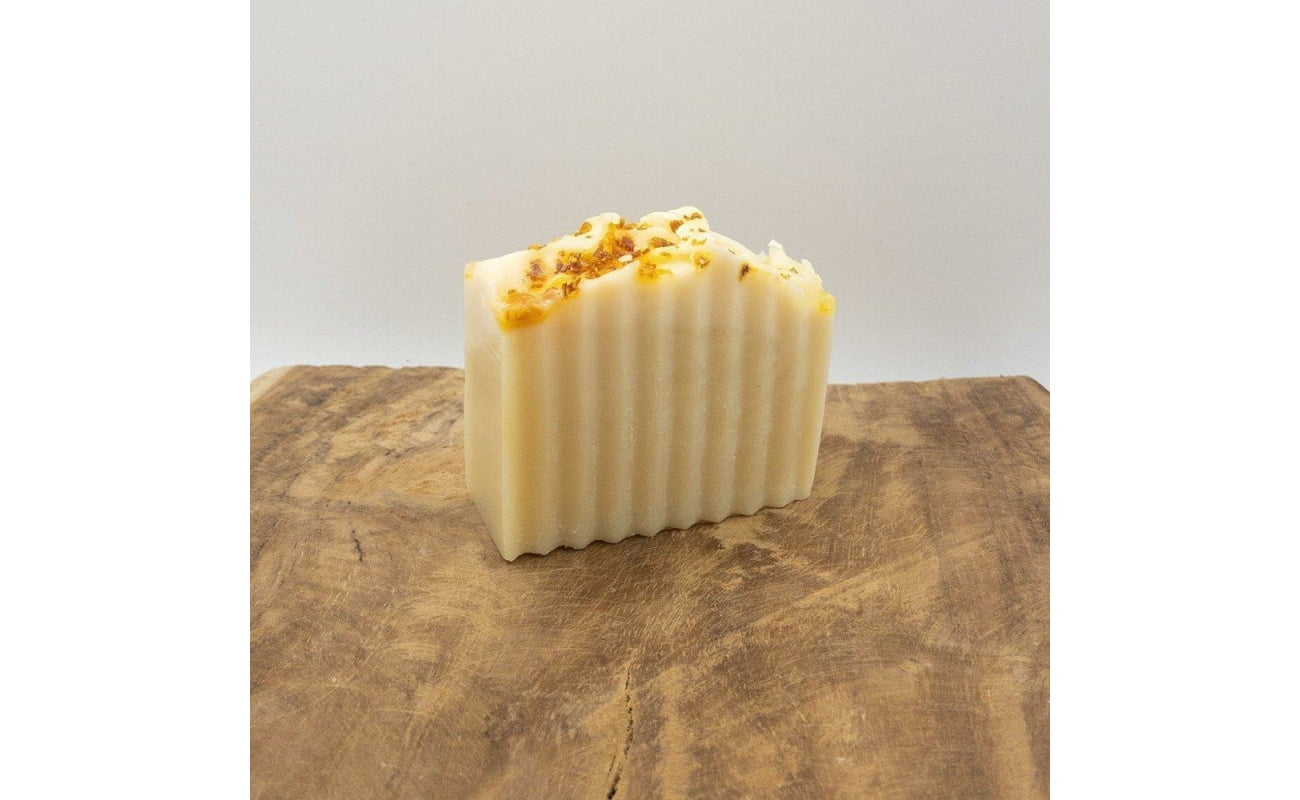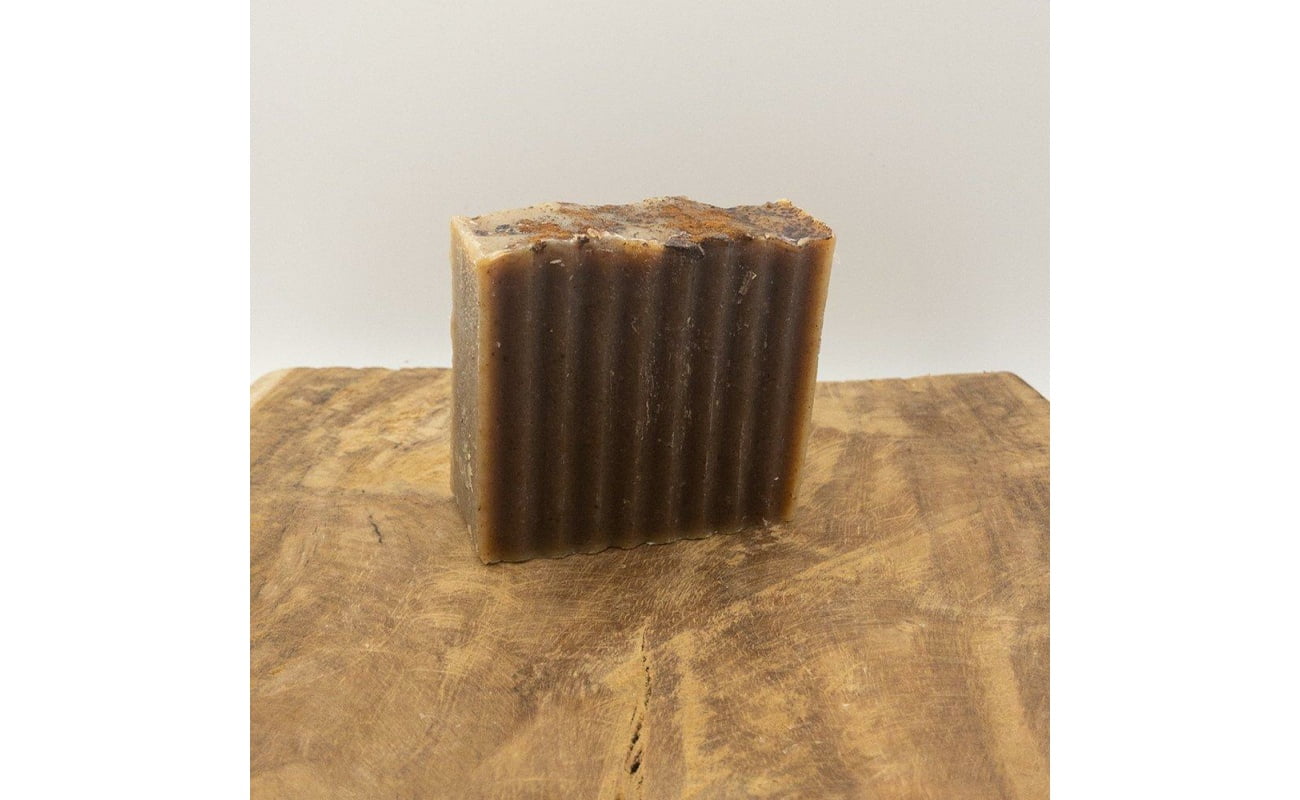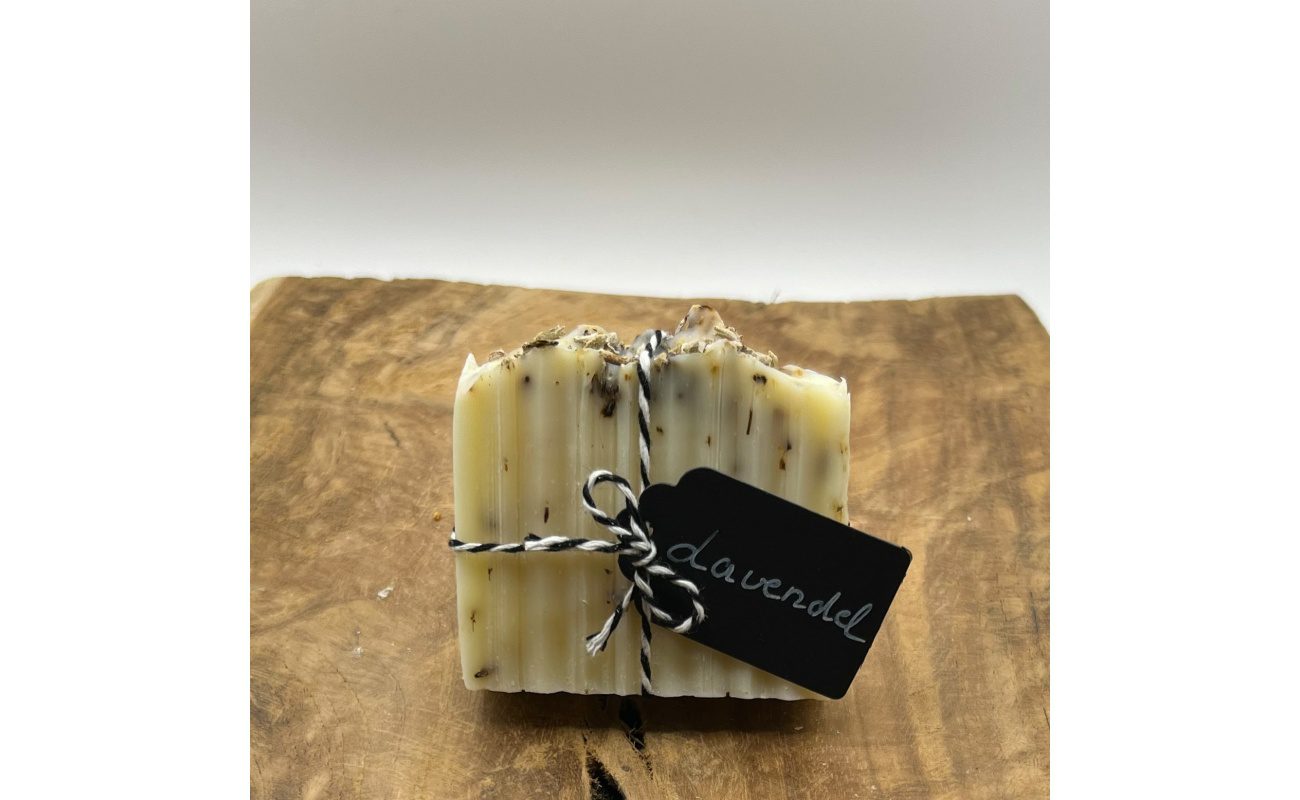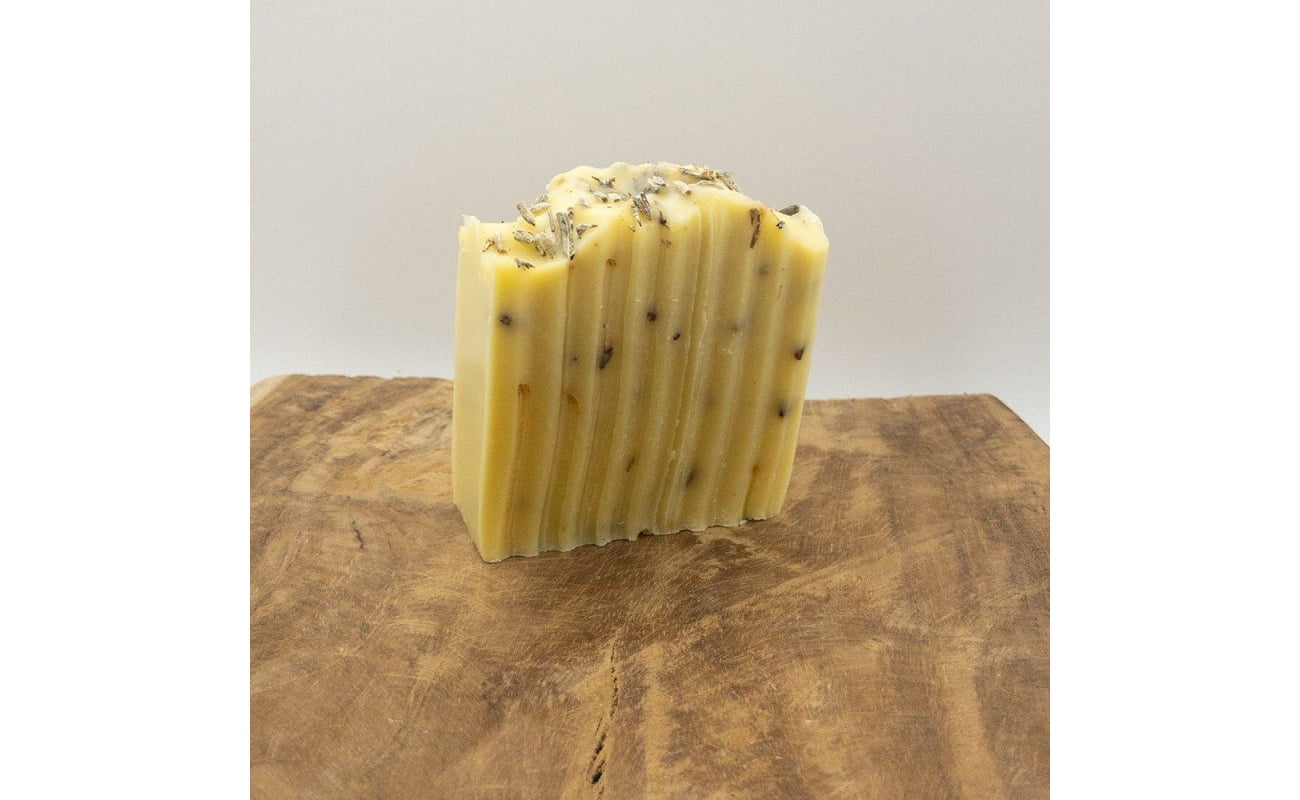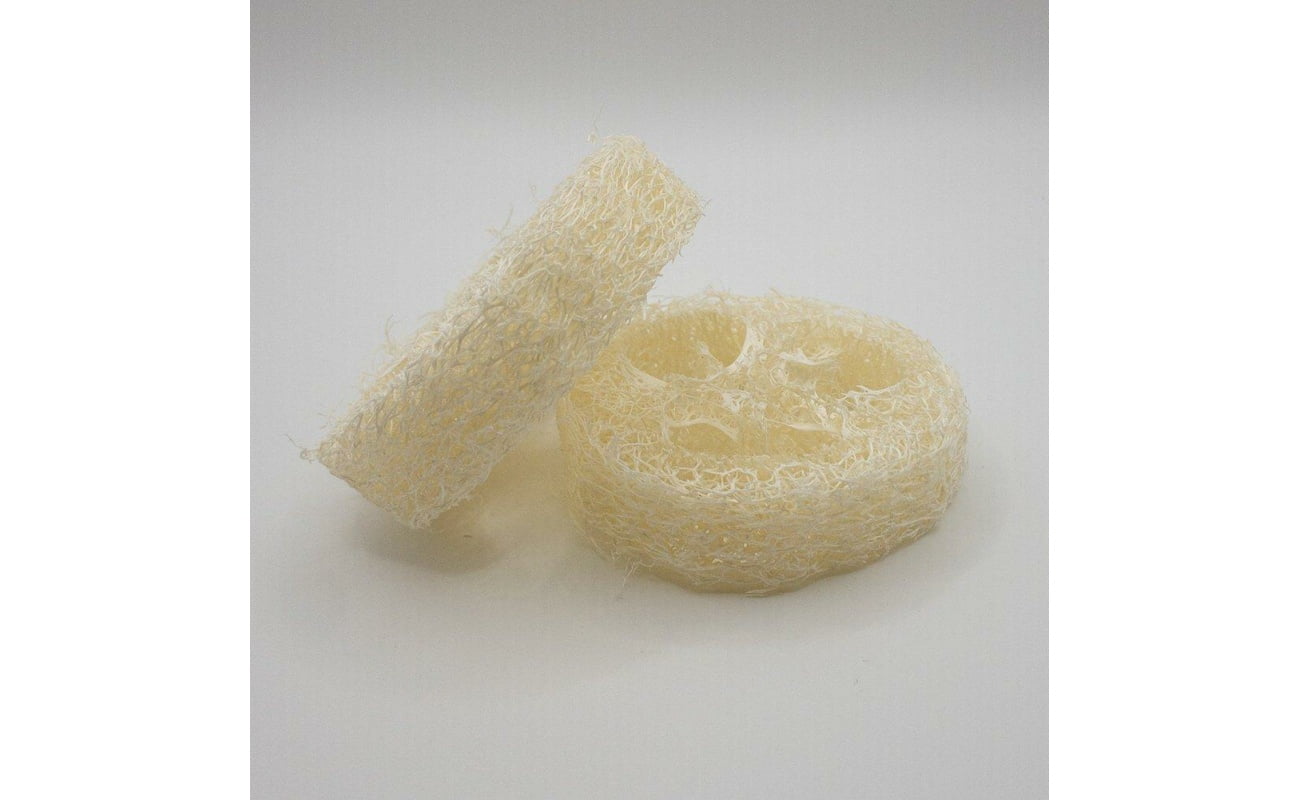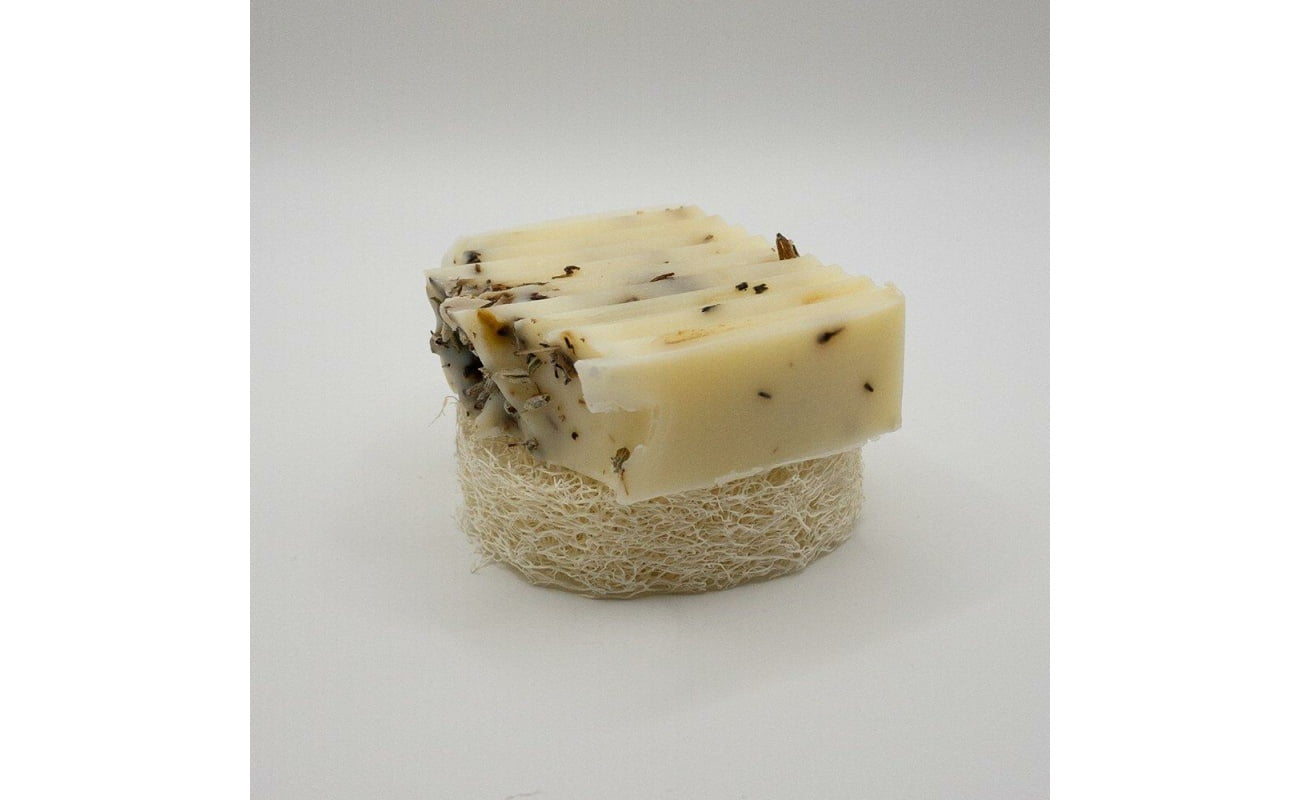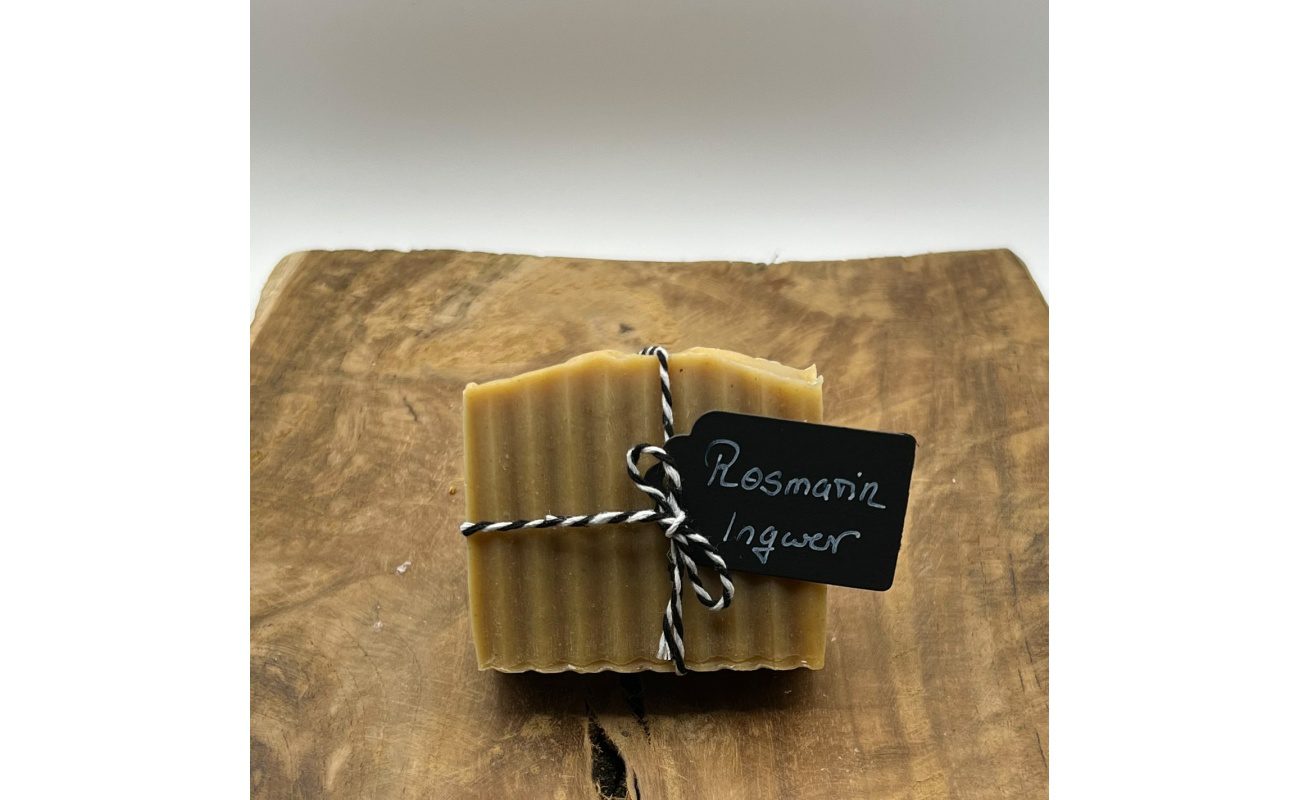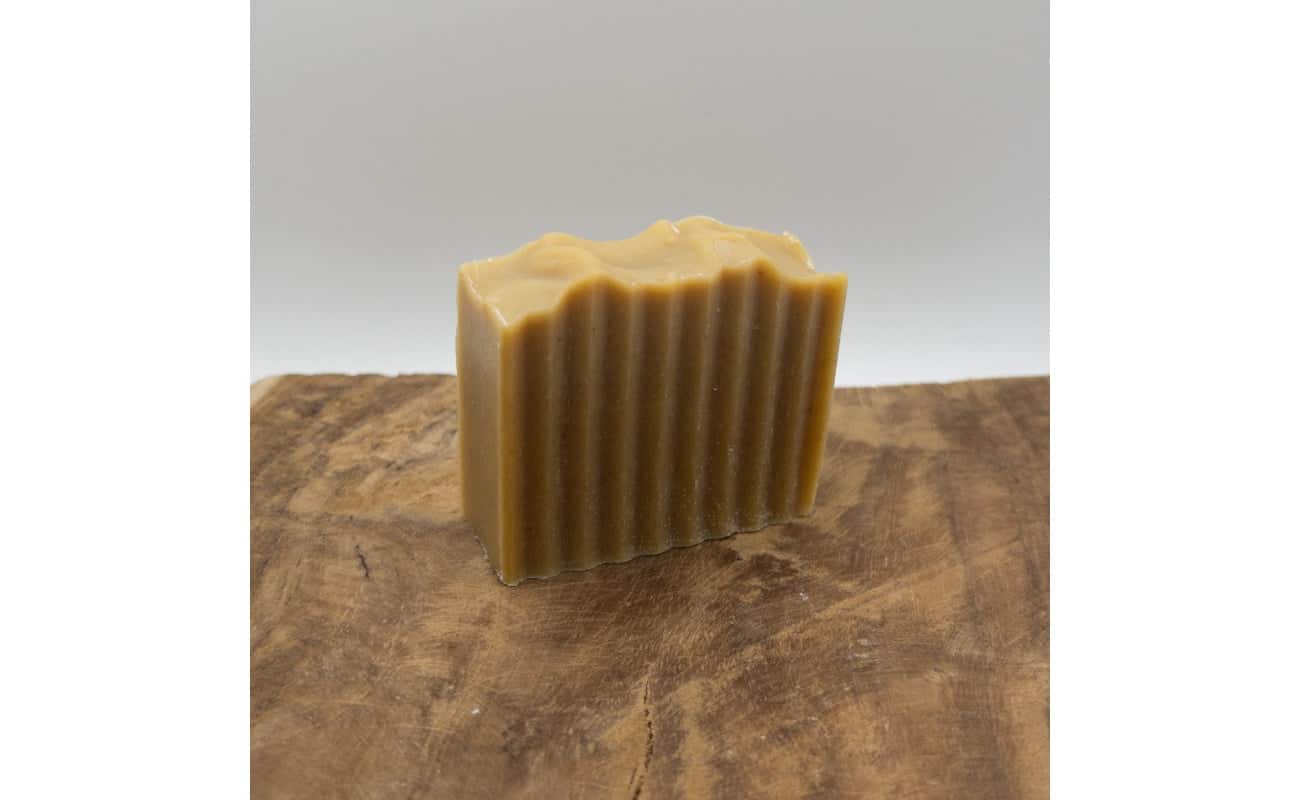Benefits of Olive Oil
It's always an unexpected delight when something so incredibly delicious turns out to be so incredibly good for you - and if you haven't learned about olive oil yet, now you will!
Olive oil has been a staple of Mediterranean cultures for thousands of years, as far back as the ancient Greeks and Romans, and it remains the most popular cooking oil in the region today. In fact, nutrition experts suggest that Mediterranean people live the longest precisely because their typical daily diet is so rich in healthy fats from olive oil, nuts and oily fish.
Compared to other cooking oils, olive oil has the unique potential to provide a double whammy against chronic and degenerative diseases, due to the powerful polyphenolic compounds found in extra virgin olive oil and the high levels of monounsaturated fatty acids (MUFA) that included in all varieties. As a result, olive oil consumption has been linked to everything from improved cholesterol levels to a better mood and stronger bones.
Here are some of the most interesting research-backed health benefits:
1. It is rich in polyphenols.
Extra virgin olive oil is a particularly rich source of polyphenols, natural bioactive compounds with antioxidant properties found in plant-based foods such as fruits, vegetables and olives. One reason polyphenols are beneficial to health is that they fight oxidative stress - a type of stress in the body that damages lipids, proteins and DNA in ways that contribute to heart disease, cancer, diabetes and dementia. Two of the polyphenols abundant in olive oil are hydroxytyrosol and oleocanthal, which have antioxidant, anti-inflammatory, anticancer, neuroprotective, and antimicrobial properties.
2. It greatly promotes cardiovascular health.
Olive oil is considered heart-healthy for (many) good reasons. In the widely cited PREDIMED study, people who ate a Mediterranean diet and consumed more than 4 tablespoons of extra virgin olive oil daily had a reduced risk of cardiovascular disease, and their combined risk of heart attack, stroke, and Death from heart disease was about 30% lower than in people on a low-fat diet. EVOO has also been linked to improving cholesterol levels and lowering blood pressure. This is likely thanks to oleic acid (the most common MUFA in all olive oil varieties) and various polyphenols, which can reduce inflammation and oxidative stress and alter blood cholesterol levels.
However, you do not have to consume more than 4 tablespoons of olive oil per day to reap the benefits. According to the U.S. Food and Drug Administration (FDA), there is credible evidence to support the claim that consuming 1 ½ tablespoons of high oleic oils, including olive oil, can reduce the risk of coronary heart disease provided they replace fats/oils with a higher levels of saturated fat and do not increase the total number of calories you eat per day.
3. It may reduce the risk of certain types of cancer.
While no food is a miracle cure for cancer prevention, consumption of olive oil could be a reason for cancer rates in Mediterranean countries to drop tend to be lower. The results of a recent 2020 study suggest that extra virgin olive oil triggers changes in gut bacteria that have been linked to the prevention of colon cancer; and previous investigations have shown that women who eat the most olive oil have a lower risk of colon and breast cancer. Several components of olive oil have been shown to have anti-cancer properties, including oleic acid, hydroxytyrosol, oleocanthal, phytosterols and squalene.
4. It supports healthy memory and brain function.
Oxidative stress has been implicated in the progression of neurodegenerative diseases, including Alzheimer's disease. However, the polyphenols found in extra virgin olive oil - especially oleocanthal - act as powerful antioxidants that can counteract this effect. An animal study from 2019 revealedthat oleocanthal-rich olive oil helps restore healthy blood-brain barrier function and reduces neuroinflammation in ways that could slow the progression of Alzheimer's.
5. It supports a healthy mental attitude and mood.
Olive oil's brain-friendly nutrients may also help lift your mood. Fascinating studies from 2010, 2017 and 2019 show that a Mediterranean diet can actually help treat depression! In one of the studies, 30% of participants were found to have remission of their moderate to severe depression after a 12-week Mediterranean diet with olive oil. Additional research suggests that the valuable fats in olive oil support the central nervous system by promoting proper nerve function and increasing levels of the mood-enhancing neurotransmitter serotonin.
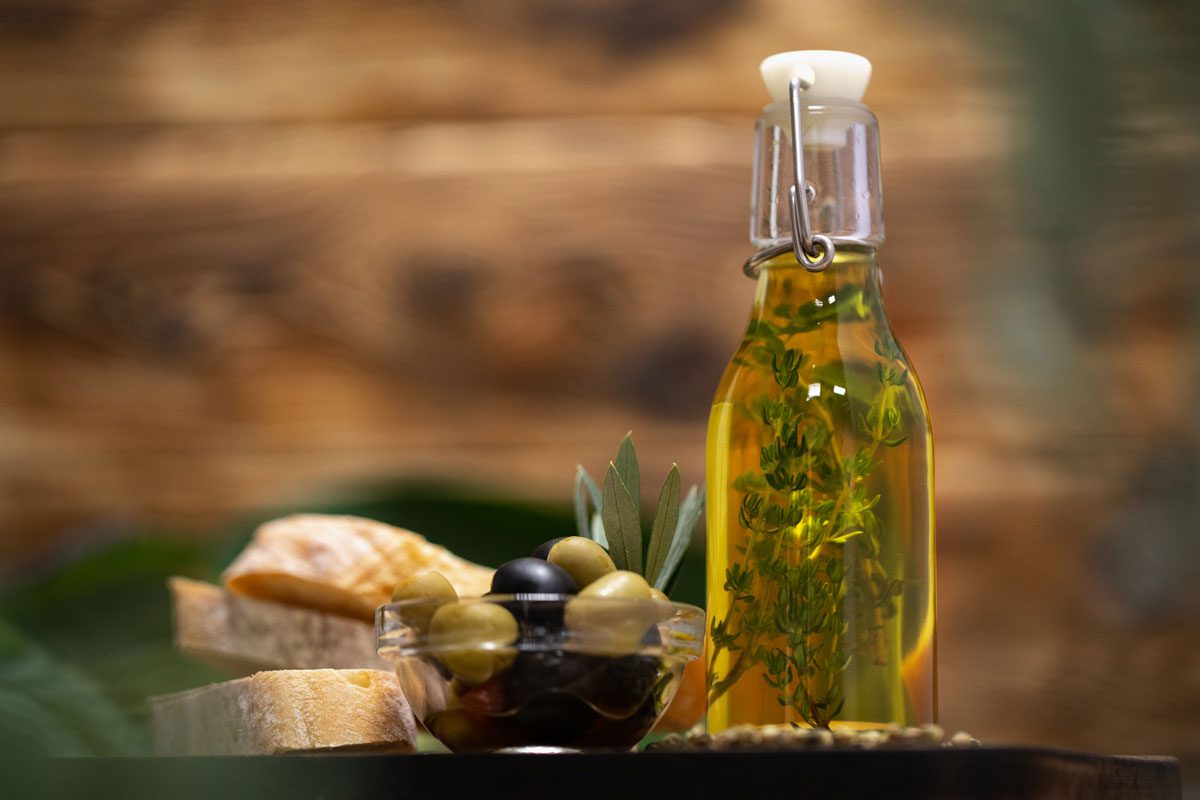
6. It fights pain and inflammation.
Olive oil can be an especially good addition to your diet if you suffer from arthritis or other chronic inflammation. For one, monounsaturated fats have been shown to lower levels of C-reactive protein, a marker of inflammation that is elevated in conditions like rheumatoid arthritis. Extra virgin olive oil also contains the polyphenol oleocanthal, which has been shown to have anti-inflammatory properties similar to ibuprofen. Some experts believe that regular consumption of oleocanthal-containing foods may reduce the risk of inflammatory diseases.
7. It can promote bone health and strength.
In the Weird But True category: A 2018 study found that bone density increased in women with the highest consumption of olive oil — a result that held even when bone-building calcium and vitamin D intakes were factored in . Inflammation in the body can stimulate osteoclasts, which break down bone.
8. It supports a healthy gut microbiome.
Your gut microbiome affects everything from digestion to mood to how your skin looks. So it's in your best interest to keep it healthy! Good news: Olive oil's polyphenols may reduce inflammation in the gastrointestinal tract and promote the growth of good bacteria, according to a 2019 study. Specifically, researchers found that consuming about 1,5 tablespoons of extra virgin olive oil per day helps to increase the populations of healthy bifidobacteria in the gut.
9. It supports a healthy immune system.
Whether you're trying to avoid a cold, reduce your risk of cancer, or manage an autoimmune disease, a healthy immune system is vital. And it turns out that your immune system really likes healthy fats! A 2015 study found that consuming 3 tablespoons of extra virgin olive oil daily was associated with greater growth and activation of T cells, immune cells that attack foreign invaders. Consuming the same amount of corn oil, butter, or soybean oil didn't have these benefits. The higher content of polyphenols and MUFAs in EVOO could be the reason for this. Some researchers also believe it may have a positive impact on fighting COVID-19 infections.
10. It balances blood sugar levels and may help prevent diabetes.
Healthy fats are an important dietary component for anyone trying to prevent or treat type 2 diabetes. In a 2017 study, people who ate the most olive oil had lower fasting blood sugar and a 16% reduced risk of developing diabetes. All fats help slow the absorption of glucose into the bloodstream, which can keep blood sugar levels stable, but research suggests that the main monounsaturated fat in olive oil, oleic acid, may be particularly protective against insulin resistance. Saturated fats, on the other hand, can promote inflammation and have harmful effects on beta cells, the insulin-producing cells in the pancreas.
11. It can help you lose weight.
Because olive oil helps keep blood sugar levels steady, it can help curb cravings that could otherwise lead to overeating and weight gain—another reason to ditch the non-fat salad dressing in favor of EVOO and vinegar! A 2018 study found that overweight women who included more than 1 tablespoon of extra virgin olive oil in their morning meal lost more body fat and had a greater drop in blood pressure than women who included soybean oil in their breakfast. Previous research has shown that high olive oil consumption as part of a Mediterranean diet does not lead to weight gain.
Of course, olive oil is still a high-calorie food, so it's best used to replace less-healthy fats in your diet.
12. It's the healthiest oil to cook with.
Contrary to popular belief, EVOO actually has a moderate to high smoke point of 350⁰F to 410⁰F, however smoke point does not correlate to how stable an cooking oil is in heat. Research from 2018 suggests that extra virgin olive oil is the most stable cooking oil and resists degradation better than oils with a high smoke point. That means you can use extra virgin olive oil for sautéing, searing, baking, and even frying. Thanks to its richness in heat-stable MUFAs and polyphenols, olive oil counteracts the oxidative stress caused by heat and slows the formation of unhealthy compounds like free radicals. But what really sets olive oil apart as an edible oil? A 2015 study found that cooking vegetables like tomatoes, eggplant, and squash in extra virgin olive oil actually increases the antioxidant levels in these vegetables!
The bottom line is that olive oil is incredibly nutritious and no other cooking oil can match it for flavor, versatility, and head-to-toe health benefits. So give your dishes and recipes a good splash (or sip) of this liquid gold.



